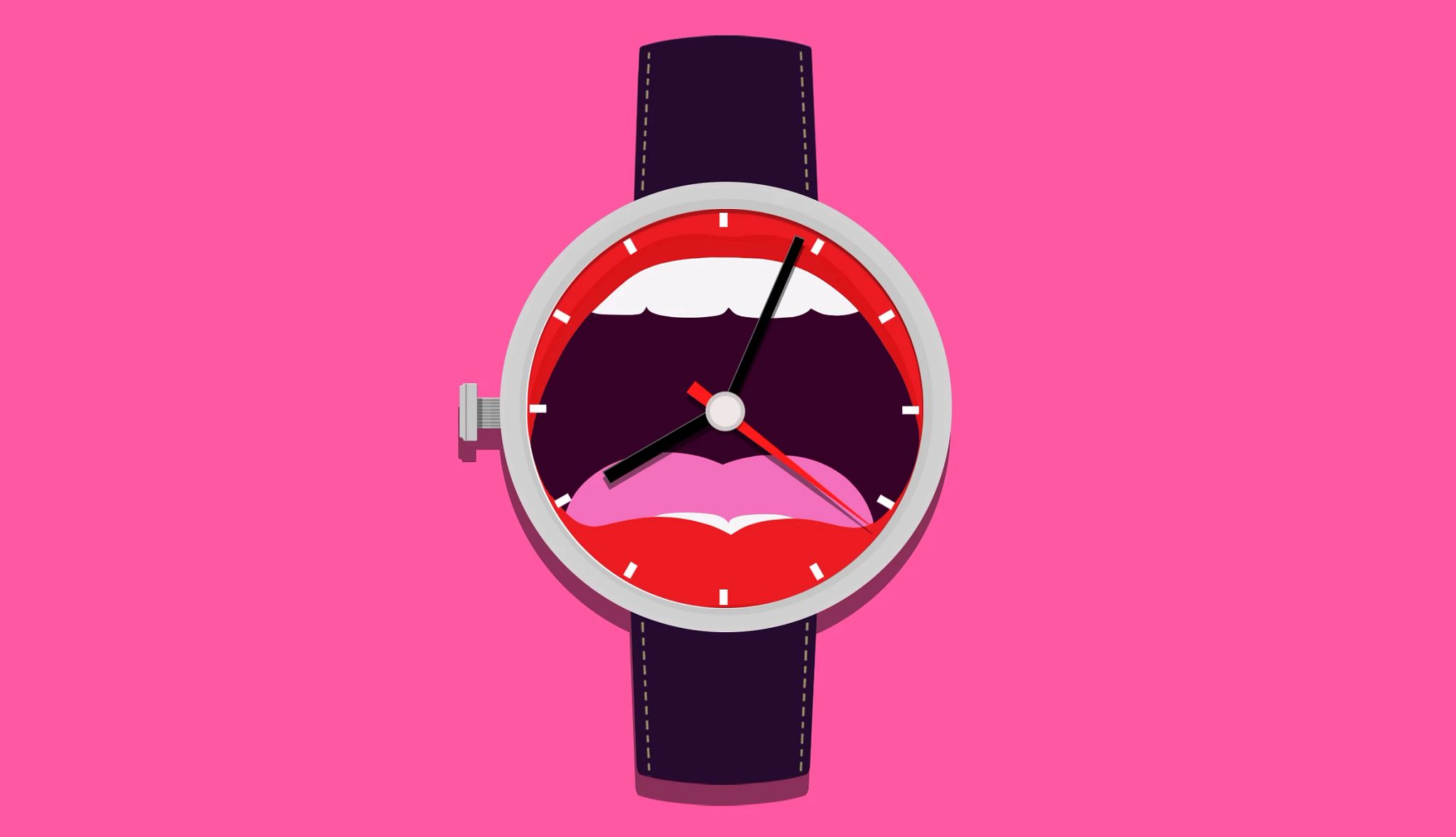AARP Hearing Center


Our sexual responses change with age, including how we orgasm. And those changes can be ... frustrating. This week, the experts explain why this happens and the steps you can take to keep you and your partner satisfied. You might even read this column together.
I’ve read a lot about how men experience orgasm differently as they get older. But what about women? What changes for us — and why? Could you provide a breakdown?
Many older adults experience weaker orgasms than they used to, and it takes a longer time to get there. But don’t lose heart. Our medical and sexuality experts want to assure you that these changes are perfectly normal and that there are plenty of workarounds to address them.
What men are up against. Hormonal changes that occur with age can create a fairly long list of issues for men, according to Marianne Brandon, a clinical psychologist and certified sex therapist.


In the Mood
For AARP’s In the Mood column, writer Ellen Uzelac will ask experts your most pressing 50+ sex and relationship questions. Uzelac is the former West Coast bureau chief for The Baltimore Sun. She writes frequently on sex, relationships, travel and lifestyle issues.
Those issues often include taking longer to attain an erection, requiring more stimulation for arousal and less rigid erections, all of which can make intercourse more difficult.
A man’s ejaculatory response changes as well. Brandon says ejaculation can feel less explosive due to semen leaking out slowly during intercourse rather than the more forceful expulsion experienced as a younger man.
On top of that, the time it takes to become aroused or erect again may be longer than it was in your youth — even up to a day or more, says sexuality educator Gretchen Frey, a retired ob/gyn.
Frey says it’s important to note that ejaculation and erection are not required for orgasm. Dry orgasms, as In the Mood detailed in a previous column, are not as high in intensity, but otherwise they don’t feel much different than a regular orgasm.
The medications that might play a part. Sometimes men don’t ejaculate as forcefully or feel the same pleasure they once did, and it’s not due to aging itself but from side effects from medications many need to take as they get older, says urologist Irwin Goldstein, a pioneer in the field of sexual medicine.
Among the meds that can interfere: antidepressants, alpha blockers that are used to treat frequent urination issues, and blood pressure medications, says Goldstein, director of San Diego Sexual Medicine and founding editor of The Journal of Sexual Medicine.

































































You Might Also Like
In The Mood
Writer Ellen Uzelac asks experts your most pressing 50+ sex and relationship questionsI Want Out of My Perfectly Good Marriage
A woman says her husband is getting in the way of her self-discovery quest
What’s Normal When It Comes to Self-Pleasure?
A woman writes in that her husband is too focused on personal gratification